Recent Technology Posts
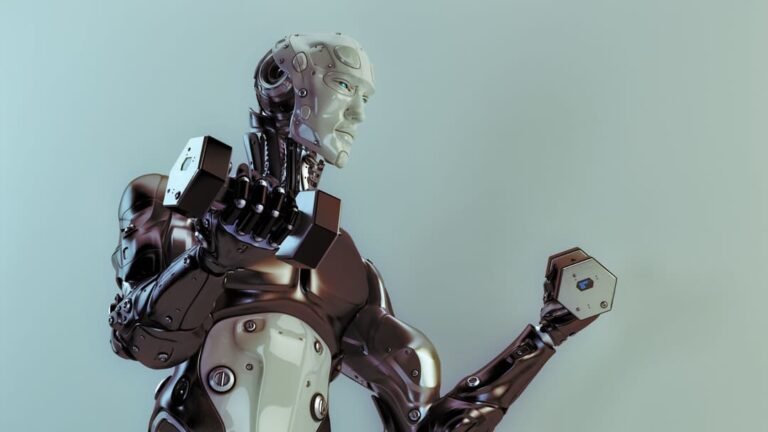
Soft to steel: Tiny robot muscle lifts 4,000 times its weight, defying limits
The muscle can stretch up to 12 times its original length in its softened state.
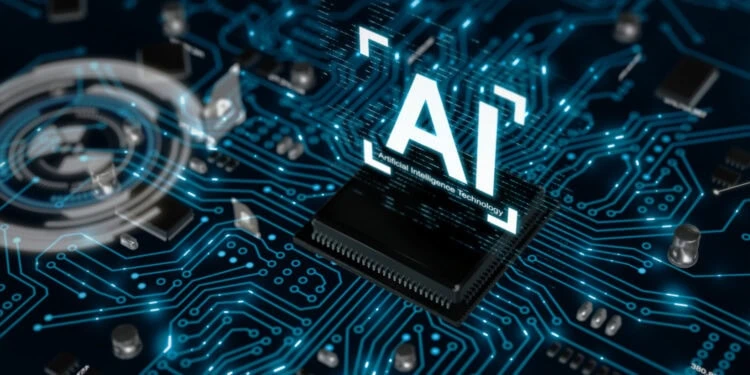
Top AI models fail spectacularly when faced with slightly altered medical questions
Artificial intelligence systems often perform impressively on standardized medical exams—but new research suggests these test scores may be misleading. A study published in JAMA Network Open indicates that large language models, or LLMs, might not actually “reason” through clinical questions.
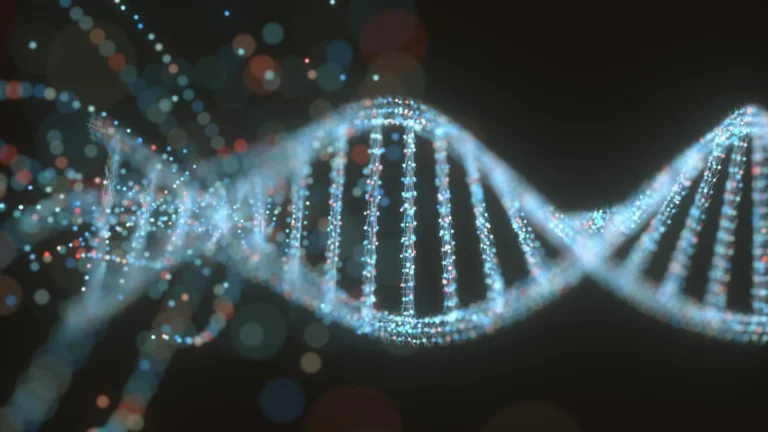
New AI model predicts which genetic mutations truly drive disease
AI model uses common data to gauge risk from rare genetic variants.

Accelerating life sciences research
OpenAI and Retro Biosciences achieve 50x increase in expressing stem cell reprogramming markers.

NIH researchers develop AI agent that improves accuracy of gene set analysis by leveraging expert-curated databases
Researchers at the National Institutes of Health (NIH) have developed an artificial intelligence (AI) agent powered by a large language model (LLM) that creates more accurate and informative descriptions of biological processes and their functions in gene set analysis than current systems.
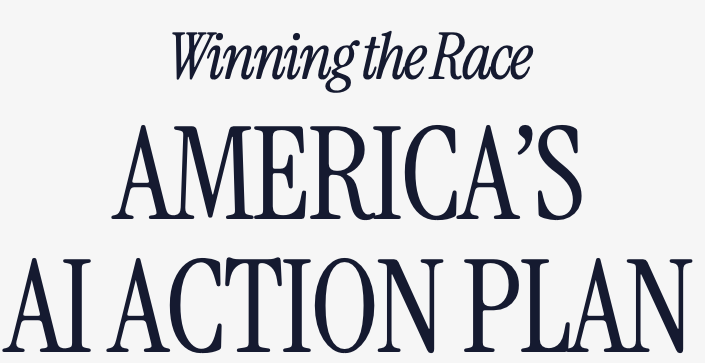
US administration to supercharge AI sales to allies, loosen environmental rules
The Trump administration released a new artificial intelligence blueprint on Wednesday that aims to loosen environmental rules and vastly expand AI exports to allies, in a bid to maintain the American edge over China in the critical technology.
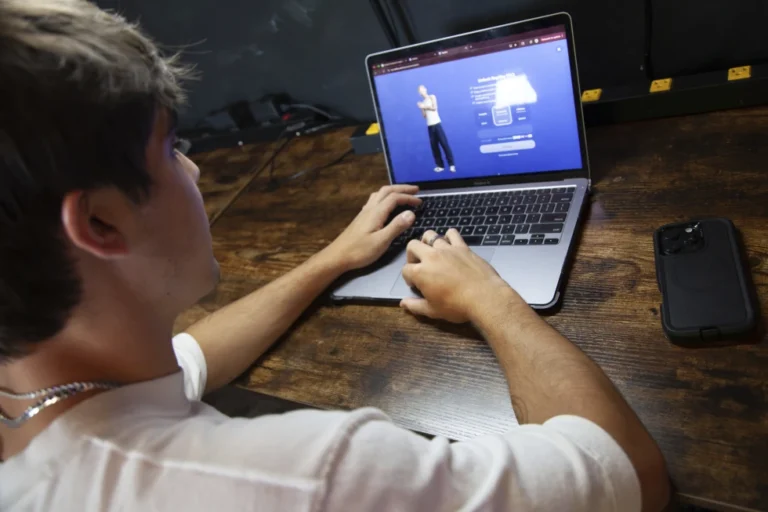
Teens say they are turning to AI for friendship
More than 70% of teens have used AI companions and half use them regularly, according to a new study from Common Sense Media, a group that studies and advocates for using screens and digital media sensibly.

Pioneering an AI clinical copilot with Penda Health
AI systems have the potential to improve human health globally—to make reliable health information universally available, help clinicians deliver better care, and empower people to better understand and advocate for their health.
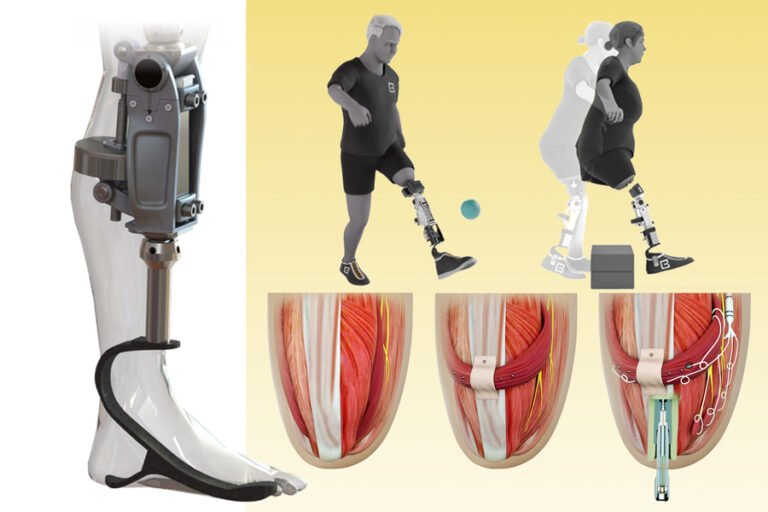
A bionic knee integrated into tissue can restore natural movement
MIT researchers have developed a new bionic knee that can help people with above-the-knee amputations walk faster, climb stairs, and avoid obstacles more easily than they could with a traditional prosthesis.
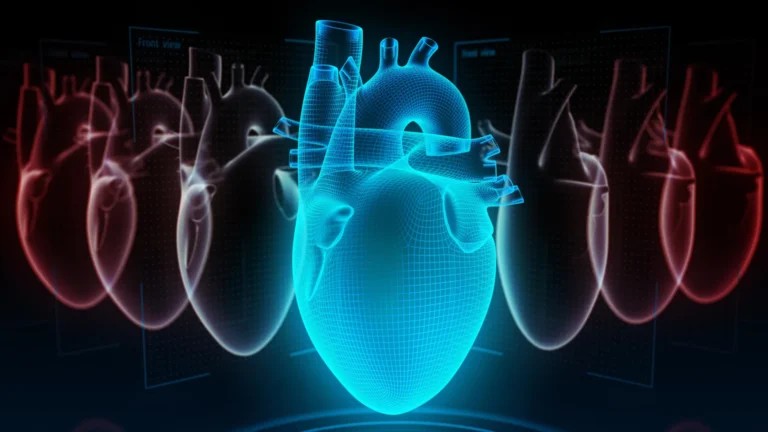
AI spots deadly heart risk most doctors can’t see
An advanced Johns Hopkins AI model called MAARS combs through underused heart MRI scans and complete medical records to spot hidden scar patterns that signal sudden cardiac death, dramatically outperforming current dice-roll clinical guidelines and promising to save lives while sparing patients unnecessary defibrillators.